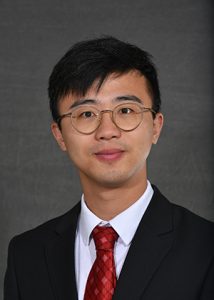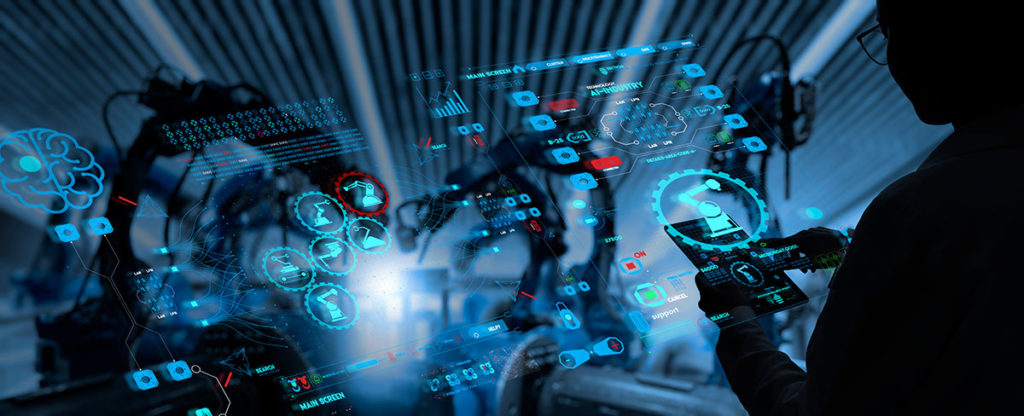$1.8 Million FAIR4WISE Project will Make Construction Work More Inclusive
Shuai Li wants to diversify the construction workforce.
Using robots.
“Women are very underrepresented in construction and many other engineering domains,” said Li, an Assistant Professor in UT’s Department of Civil and Environmental Engineering. “Less than 10% of the workers in construction are women.”
Considering that women make up 47% of the US workforce overall, that proportion is staggeringly low.
“The work structures and job designs in the construction industry have long been associated with masculinity, so women workers encounter many barriers,” Li said. “For example, the stereotype that construction is a physically demanding, male-only career can discourage managers from hiring women.

“There is also so-called ‘benevolent’ sexism,” Li added. “This is the belief that women are fragile and should be protected, not encouraged to work in hazardous jobs like construction.”
To start removing those barriers, Li is heading the UT portion of a $1.8 million National Science Foundation (NSF) project called Future AI and Robotics for Women in Smart Engineering (FAIR4WISE).
“The goal of FAIR4WISE is to use AI and robotics technology to make the construction industry more inclusive, safe, and productive,” said Li.
The project includes many other researchers from UT, Penn State University, the University of Texas at San Antonio, and the University of Houston.
“Our team has experts in civil engineering, architecture, robotics, computer science, management, law, and education,” said Li. “This kind of interdisciplinary team is necessary to create inclusive technologies for future diverse workers and to reshape future construction work.”
The first step of FAIR4WISE is to gather new data on how women operate robots both on-site and through teleoperation (remote-control) interfaces, then compare that information with existing data on how men interact with robots.
“We have developed a unique robot perception and control method and a new human-robot interface,” said Li.
The AI-enhanced interface, developed at UT, gives operators a variety of information from the robot on-site, including audio, visuals from robot-mounted cameras, and haptic (touch-based) feedback.
“We are tracking the gaze and physical movements of workers as they operate the robot and react to different stimuli,” Li said. “The information presented on the interface, and how it is presented, may differently influence how women and men operate robots on the construction site.”
Once the data have been gathered, Li said, “We can design an interface with women workers in mind.”
With an intuitive and more inclusive interface available, Li envisions the industry barriers starting to fall. For example, if robots are doing the heavy lifting, all workers can conduct hard labor equally well. When robots can be operated remotely miles away from the construction site, neither men nor women workers will face traditional construction hazards.
The inclusive human-robot interface is only the first pillar of FAIR4WISE, though, because there is another big barrier that needs work: negative perceptions of women workers in the industry.
“A woman operating heavy equipment may be doing great,” Li said, “but her manager may have a bias against women in construction.”
That could result in an unfairly poor review even there is no conscious bias at work, as a manager’s review is subjective.
Li’s team wants to implement an impartial certification and performance review system based on blockchain technology. In a blockchain, data is recorded onto a network and encrypted in real time to prevent changes.
“A blockchain-based review will accurately and transparently certify workers’ skills and evaluate their performances, reducing bias in worker recruiting and retention,” said Li.
Later goals of FAIR4WISE include evaluating the best methods to increase teleoperation use in construction and other traditionally male-dominated industries, like manufacturing and agriculture, and creating new STEM education and training paradigms to recruit and retain more women engineers in those industries. The inclusive interface and unbiased evaluation system developed by FAIR4WISE can also lower barriers to other minorities in those industries, such as disabled or older workers.
“UT is always promoting inclusivity and our research is well aligned with that goal,” Li said. “When the technology is available, more diverse workers will come into the construction industry.”
